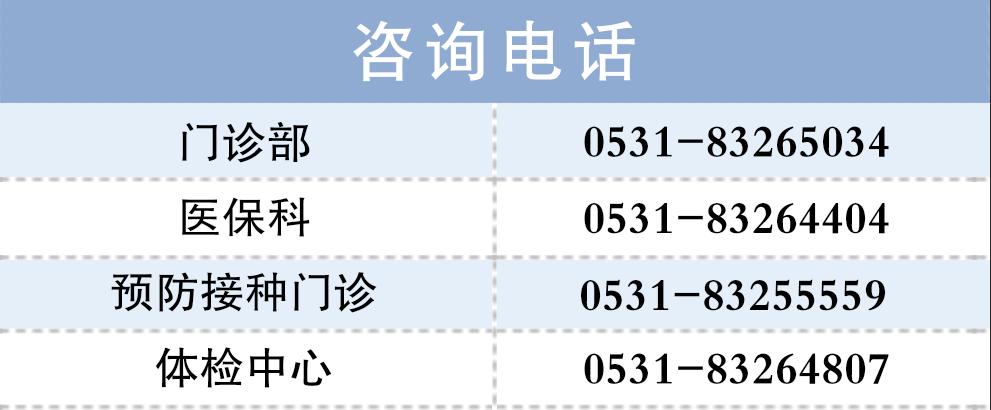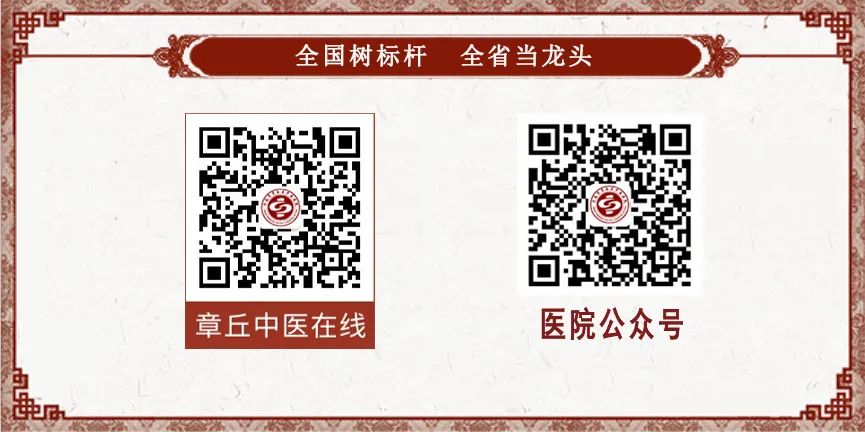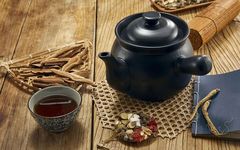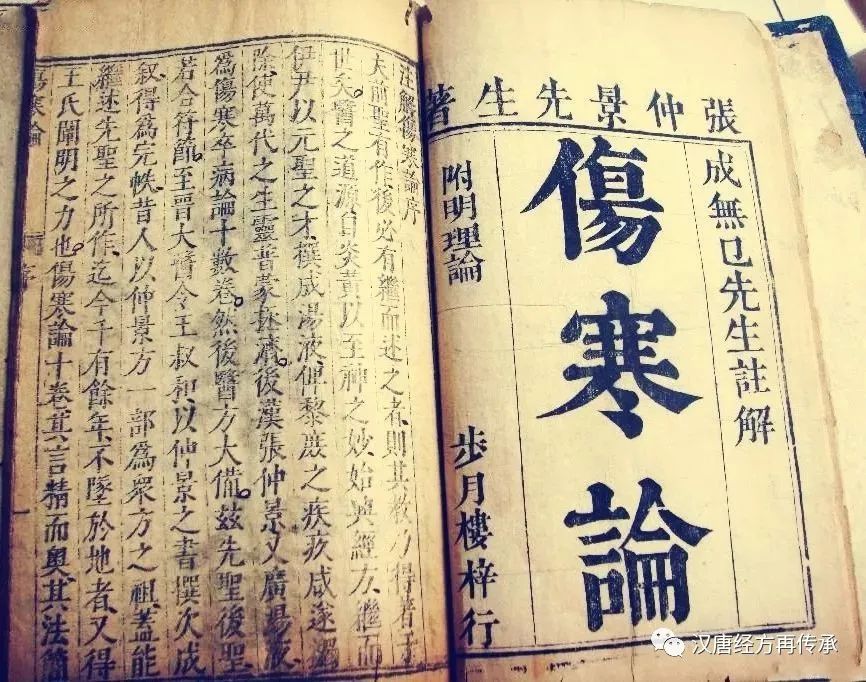Click
Above Text
Follow Us
Traditional Chinese Medicine (TCM) has long been recognized for its precise therapeutic effects, often leading to quick recovery. With the introduction of Western civilization, the promotion of “scientification” and “standardization” has influenced our TCM practices. This does not imply that scientification and standardization are incorrect; rather, they should be applied judiciously. The principles of TCM treatment are based on dialectical treatment, adjusting according to symptoms. Even during epidemics, these two principles must not be abandoned. Currently, the methods of decocting and administering TCM decoctions have become procedural and standardized. Regardless of the condition or disease, the common practice is to take the decoction twice a day, once in the morning and once in the evening, with variations only in the decoction time.

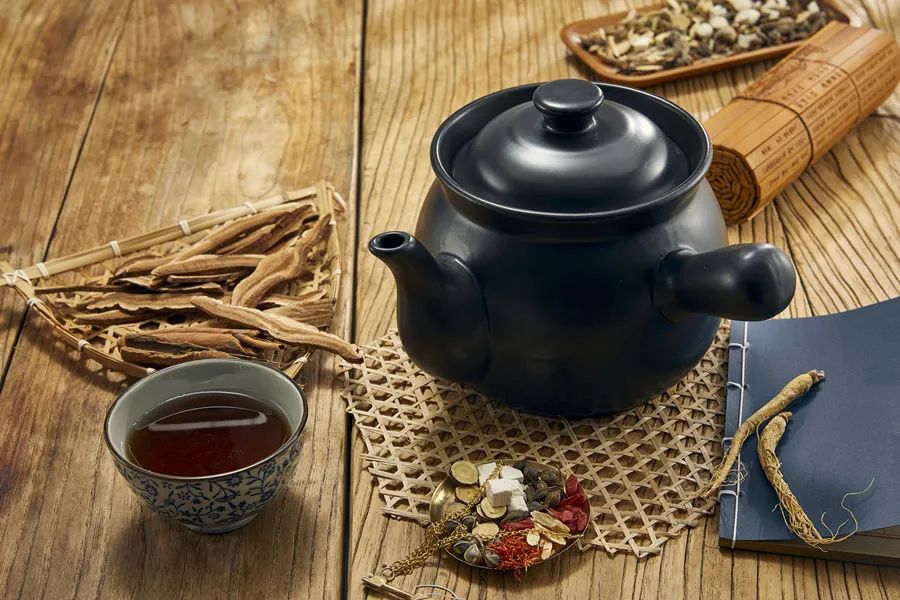
Reviewing the classical texts of TCM, the methods for decocting and administering decoctions are quite meticulous, with the timing and frequency adjusted according to symptoms and prescriptions. Historical medical texts from before the Qing Dynasty reveal that none of them included a soaking step for decoctions; instead, water was added directly for decoction. Except for Chai Hu (Bupleurum) decoctions and Xie Xin (Purge the Heart) decoctions, which are strained and then decocted to a specified volume, the prescribed amount of water is added beforehand, and decocted until the required dosage is achieved. To validate the efficacy of traditional decoction methods, I have been following these practices for my family’s TCM usage in recent years, and the results have shown effective recovery in some cases, while others had minimal effects. However, the focus remains on achieving precise therapeutic effects.
Traditional TCM treatment utilizes the qi (vital energy) and flavor of herbs, which are, of course, reflected in their chemical components. However, I believe these two aspects should not be equated. A single herb can contain dozens of chemical components, and these can change during decoction. Even with the most advanced analytical instruments today, we have yet to fully understand all the components of any single herb. Since we cannot standardize or scientifically explain TCM at present, it is better to adhere to traditional methods that have been validated over time and through efficacy. This should be the essence of our heritage.
In the “Shang Han Lun” (Treatise on Cold Damage), decoctions such as Ma Huang Tang (Ephedra Decoction), Gui Zhi Tang (Cinnamon Twig Decoction), Xiao Chai Hu Tang (Minor Bupleurum Decoction), Da Chai Hu Tang (Major Bupleurum Decoction), and Ge Gen Tang (Kudzu Decoction) for treating wind-cold invasions have decoction times of no less than 40 minutes. In contrast, formulas for treating warm diseases like Sang Ju Yin (Mulberry Leaf and Chrysanthemum Decoction), Yin Qiao San (Honeysuckle and Forsythia Powder), and Sang Xing Tang (Mulberry and Apricot Decoction) have decoction times of around twenty minutes. However, the administration method for both categories of external invasion formulas is not time-restricted; the decoction should be taken until slight sweating occurs and symptoms are alleviated, at which point it should be stopped. If symptoms persist and the diagnosis is confirmed, it can be decocted and taken two to three times a day.
The decoction process for purgative formulas is even more meticulous. For example, Da Cheng Qi Tang (Major Order the Qi Decoction) requires one dou (approximately 10 liters) of water, first boiling the Zhi Shi (Bitter Orange) and Hou Po (Magnolia Bark) to extract five sheng (approximately 1.5 liters), straining it, and then adding Da Huang (Rhubarb) to extract two sheng (approximately 600 ml), straining again before adding Mang Xiao (Glauber’s Salt) and simmering until slightly boiling, then taking it warm in portions, discarding any remaining. Nowadays, due to the fast-paced society, such meticulousness is often overlooked, and people simply add Da Huang and Mang Xiao afterward. This formula emphasizes the use of Zhi Shi and Hou Po along with some Da Huang to achieve the therapeutic goal of unblocking stagnation and facilitating downward movement. In contrast, the decoction time for purgative formulas is relatively short. Taking it warm in portions means that if bowel movements are not observed, it should be taken warm again until the symptoms are resolved.
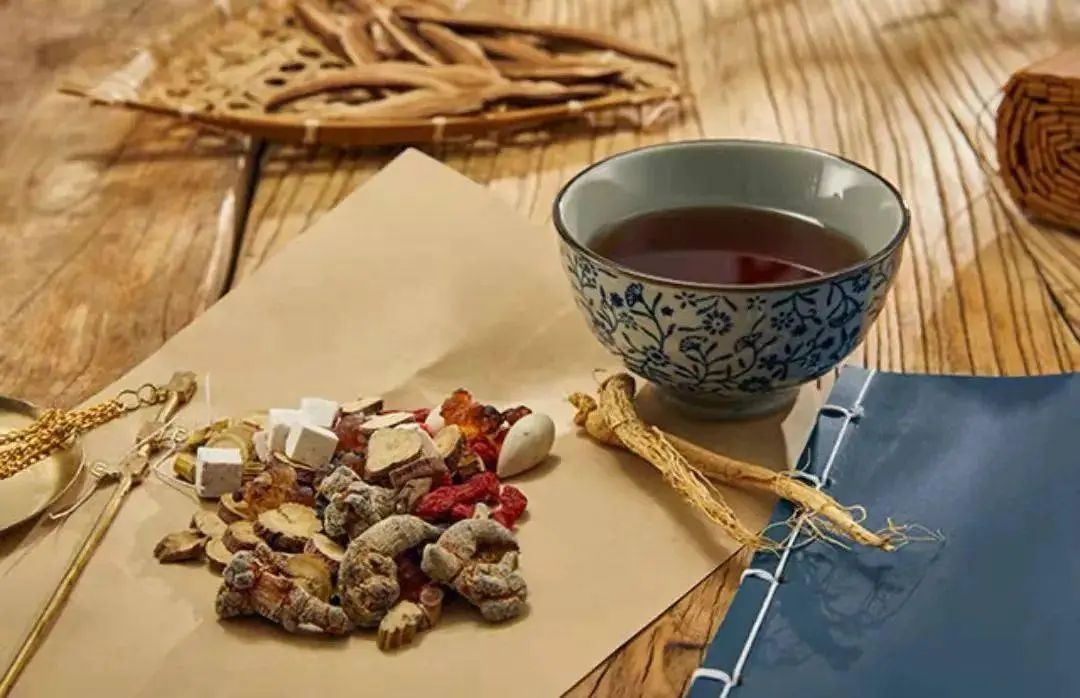
Many people today may not know what Gan Lan Shui (Sweet Dew Water) is. If we discuss it in modern terms, all water is the same, composed of water molecules. However, our ancestors discovered that by placing river water, spring water, and well water in a large basin and stirring it with a spoon a hundred times until the water flows out in a continuous stream, we have completed the preparation of Gan Lan Shui (Labor Water). This water is suitable for decocting herbs for patients with chronic illnesses and weakness. There are also other types of water like La Xue Shui (Wax Snow Water), Dong Liu Shui (East Flowing Water), and Wu Gen Shui (Rootless Water), which I will not elaborate on here. Through this, I want to emphasize that the meticulousness of TCM comes from clinical practice, based on experiences that our ancestors exchanged their lives for.After all this, I simply want to encourage everyone to emulate the ancients: when decocting herbs, there is no need to soak them first; just decoct once to the required dosage. Do not adhere to the standardized practice of taking any decoction twice daily. Instead, adjust the administration method according to different conditions, whether it be twice a day, at irregular times, or three times a day and once at night, etc. Only by seriously inheriting the essence of TCM can we achieve the desired results of quick recovery.
Contributed by: Meng Dexin
Editor:Wang Haiyun
